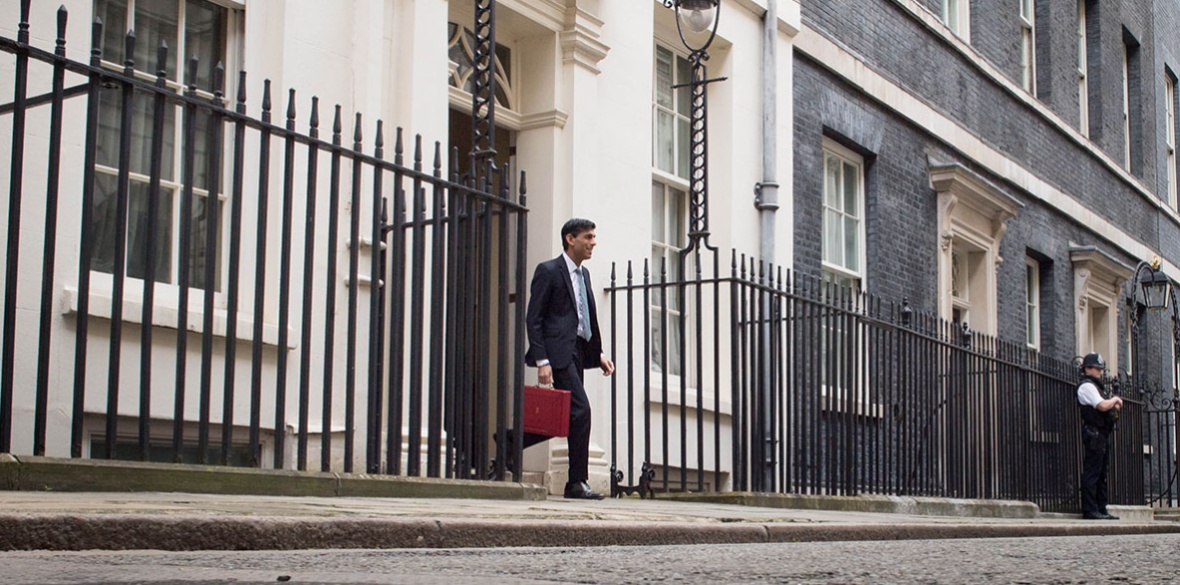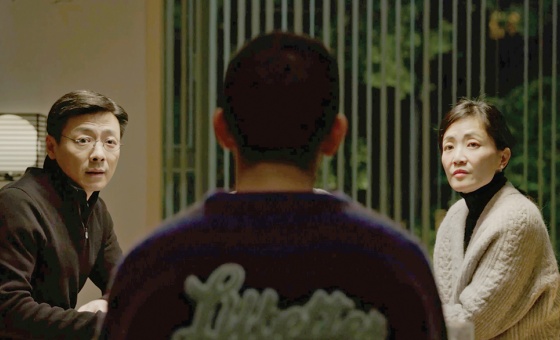JEREMY CORBYN says the Budget is an “admission that austerity has been a failed experiment.”
This is true, as is Labour’s assertion that the damage done to the country by 10 years of austerity has seriously weakened our ability to cope with emergencies such as the coronavirus epidemic.
But Labour should be wary of fighting yesterday’s battles. The Conservative Party leadership is not that of David Cameron and George Osborne. Boris Johnson is unlikely to be embarrassed by attacks on the governments of his predecessors.
Johnson is not a Prime Minister of deep political principle. But that does not mean the Conservative Party isn’t changing, and a Budget which has the Adam Smith Institute accusing the Chancellor of “ripping up the fiscal rules,” moaning about “debunked Keynesian stimulus theories” and dismissing the whole package as “seriously concerning” shows that it is.
Politics during much of the last parliament was deadlocked. As the Italian Marxist Antonio Gramsci’s phrase runs, “the old was dying and the new could not be born.”
The shock waves from the bankers’ crash did not immediately affect the Thatcherite consensus, but Corbyn’s election to lead Labour in 2015 and the Brexit vote of 2016 both showed that the political assumptions of the last four decades were falling apart.
The champions of the status quo put up a powerful fight in both main political parties. Labour, with a leader committed to a radical break with free market politics, might have appeared better placed to capitalise on popular anger at a failed system.
In the end, it did not. It was Johnson who romped home with a big majority in December. And that was because Johnson proved better able to take on and vanquish the old guard of his own party – even to the point of stripping many of its most powerful veterans, from Kenneth Clarke to Philip Hammond, of their membership – in order to adapt to new political realities.
This lies behind the peculiarity of a Conservative Party calling for freedom from EU restrictions on state aid while Labour was raising concerns about “frictionless” trade and risks to the market-driven, environmentally costly model of “just-in-time production.”
This is not to say that the Tories intend to deploy state aid to benefit working people. But it demonstrates that Labour often found it impossible to imagine an economy run on anything but a globalising, free market model (hence its weakness for sticking-plaster policies such as the universal basic income, which assumes levels of employment will continue to be set by the market).
What has all that got to do with the Budget?
The Tories won the election by pitching themselves as the party of rupture with the existing system. Labour helped them along by celebrating Supreme Court rulings and parliamentary sleights of hand that Johnson was able to present to the public as evidence of his opponents’ bad faith on Brexit.
Now the Conservatives are adopting many spending increases that Labour has long demanded.
Their own Thatcherite wing has already clashed with the Prime Minister on this – it explains why Sajid Javid quit as Chancellor. But so far, Johnson and Dominic Cummings appear determined to face it down.
What they will not do – what the class their party serves will not tolerate – is to tackle the big questions about the distribution of wealth and power, the instability and short-termism of the capitalist system, that make it utterly incapable of rising to the challenges of climate change or the coronavirus, or of securing a sustainable future for our country or even our species.
Labour needs to show that it is prepared to address those issues. If “too little, too late” becomes its mantra in response to a post-austerity Conservative Party in the way “too far, too fast” summed up its wholly inadequate response to Osborne’s cuts between 2010 and 2015, it will continue to play catch-up while the Tories make the weather.










